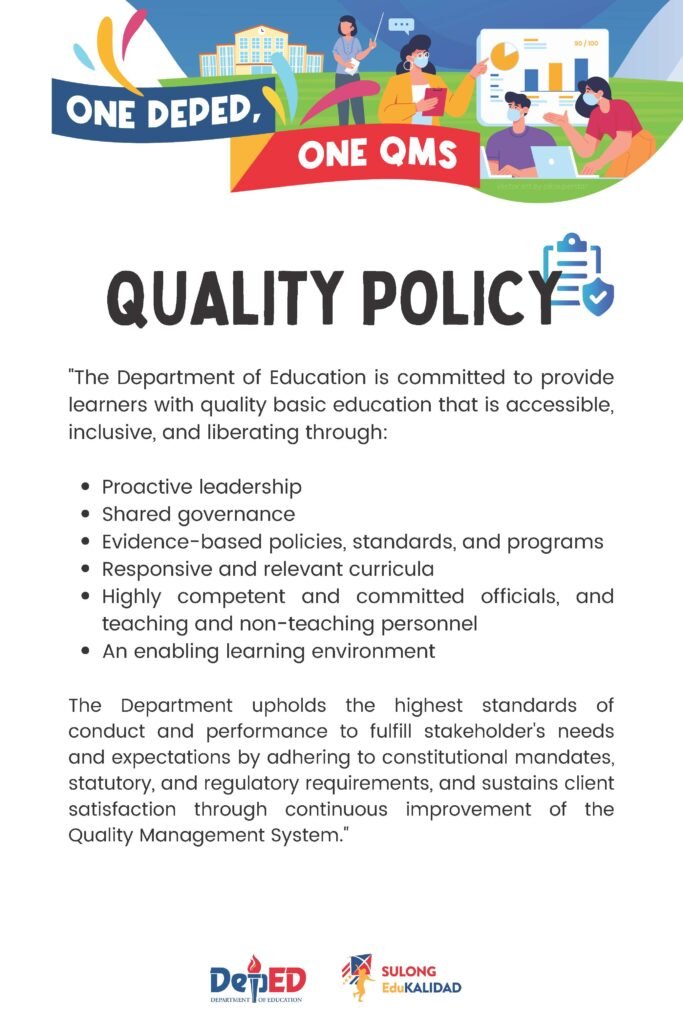 By:
By:
Catherine F. Guadayo
Teacher III, Filipino Dept.
“Ang hindi marunong magmahal sa sariling wika, ay higit pa sa hayop at malansang isda.” This adage by our national hero has long been taught to students even in the elementary level. The common notion holds that the national language helps the people in their expression of thoughts and feelings especially in the development and preservation of local culture, the society and its people.
According to an article written by Dr. Clemencia Espiritu, as mandated by the 1935 Constitution, a national language was to be adopted and developed based on one of the native languages. In 1937, the Institute of National Language (INL), which was created to direct the selection, propagation and development of the national language, recommended that Tagalog be the basis for the adoption of the national language of the country. In the same year, then President Manuel Quezon, signed Executive Order No. 134 declaring Tagalog as basis of the national language. And finally, on April 12, 1940, E.O No. 263, mandated among others, the teaching of the national language in all public and private schools in the country.
The first students who were taught deeper understanding of the subject were allotted forty minutes of Filipino language education as included in their curriculum. This gave them add on learnings as to the importance of the subject in the daily use of Tagalog for communication. Additionally, better and more practical application of it can be visible and more observable as it is done daily and on a more useful practice.
In the current situation where there are more complexities in the delivery of the lessons and activities, it is far more important to consider and ruminate on the would-be effects of the day-to-day usage of the language.
As a citizen of the Philippines, it is very important for everyone to learn and to know the Filipino language. This is our own language and we should promote it in other countries as well. Having learned this will help other people get to know more about our country and its people. The ability of the people to communicate in the native tongue makes their culture better and stronger than those who adopt other languages as their primary means of communication.
There is nothing wrong with speaking in English at home or if the new generation of learner is more equipped and at ease with the international language. If it were the more dominant medium of communication at home, it is alright. What is not acceptable is if the child loses the ability to speak in the local language anymore just because he or she is more comfortable in speaking English. Instead of focusing in teaching children to be prolific in English, why not develop in them a balanced adoption of both languages?. In this manner, not only will the child be able to communicate and be prolific in two different languages, he/she will also be more conscious of the preservation of his/her culture and its value.
If this is the kind of mentality our children will internalize, then we are surely secured that in the future, Jose Rizal will not shed a tear for the children will truly become the hope of the next generation.













